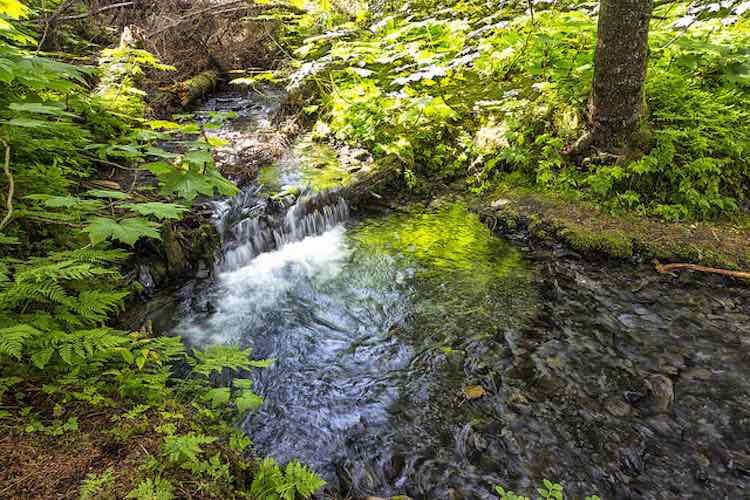After years of believing that our rainforests were drowning in water, one man found that they were actually flourishing – which means a much more hopeful future for tropical climates everywhere.
According to the study conducted by researchers from the University of Colorado, rainforests are valuable carbon sinks that absorb massive amounts of CO2 from the atmosphere. Without these tropical ecosystems, the earth would not have nearly the mitigation of global effects from climate change.
WATCH: How This Couple Nursed a Rainforest Back to Life
However, this groundbreaking research conducted by Phillip Taylor, a research associate with the Institute of Arctic and Alpine Research (INSTAAR), suggests otherwise.
Taylor reportedly spent four years studying the growth and climate of rainforests in 42 different countries. While ecologists have believed that rainforests start to suffer after 8 feet (2.44m) of annual rainfall, Taylor found that some of the most prosperous rainforests in the world were receiving more than 16 feet (4.87m) of precipitation per year.
CHECK OUT: The Great Bear Rainforest is a Model for How to Save Trees
“The old model was formed with a lack of data from warm tropical forests,” said Taylor. “It turns out that in the big tropical forests that do the vast majority of the ‘breathing’ the situation is flipped. Instead of water slowing growth down, it accelerates it.”
Though Taylor says that there are still caveats to the positive effects of climate change on rainforests, his discovery has provided a definite silver lining for future eco-studies.
“Our findings fundamentally change a view of the tropical forest carbon cycle that has been published in textbooks and incorporated into models of future climate change for years,” said Taylor. “Given how much these forests matter to the climate, these new relationships need to be a part of future climate assessments.”
Pass On Some Positivity: Click To Share With Your Friends (Photo by Douglas Brown, CC)




















